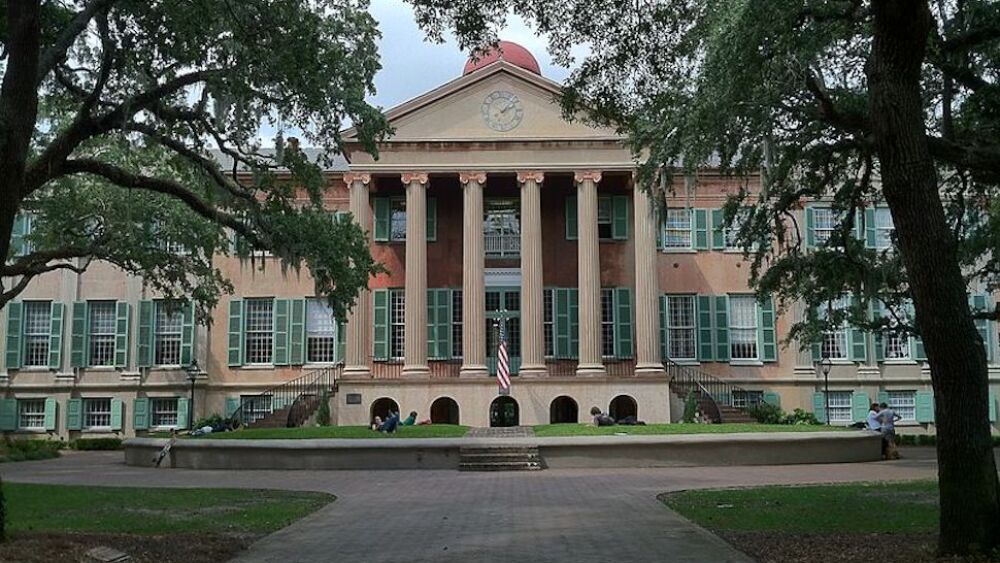
Classical Liberalism: The American Founding and Adam Smith at 250
May 26-31, 2026 | College of Charleston, Charleston South Carolina
In 1776, the publication of Adam Smith’s The Wealth of Nations and the American Founding helped shape ideas about liberty, markets, and government that still matter today. This conference explores the classical liberal tradition and how Smith’s political economy and the American Founders’ ideas addressed questions of economic freedom, the role of government, personal freedom, and social cooperation.
Students will participate in lectures and discussions with scholars and with one another to gain a deeper understanding of the ideas that created the free and prosperous society Smith and the American Founders envisioned, and why those ideas remain relevant in the modern world.
Co-sponsored by the Center for Public Choice and Market Process, The Stephenson Institute for Classical Liberalism, and AIER.
Lodging, meals and a $500 travel stipend are provided.
Application deadline: March 23, 2026

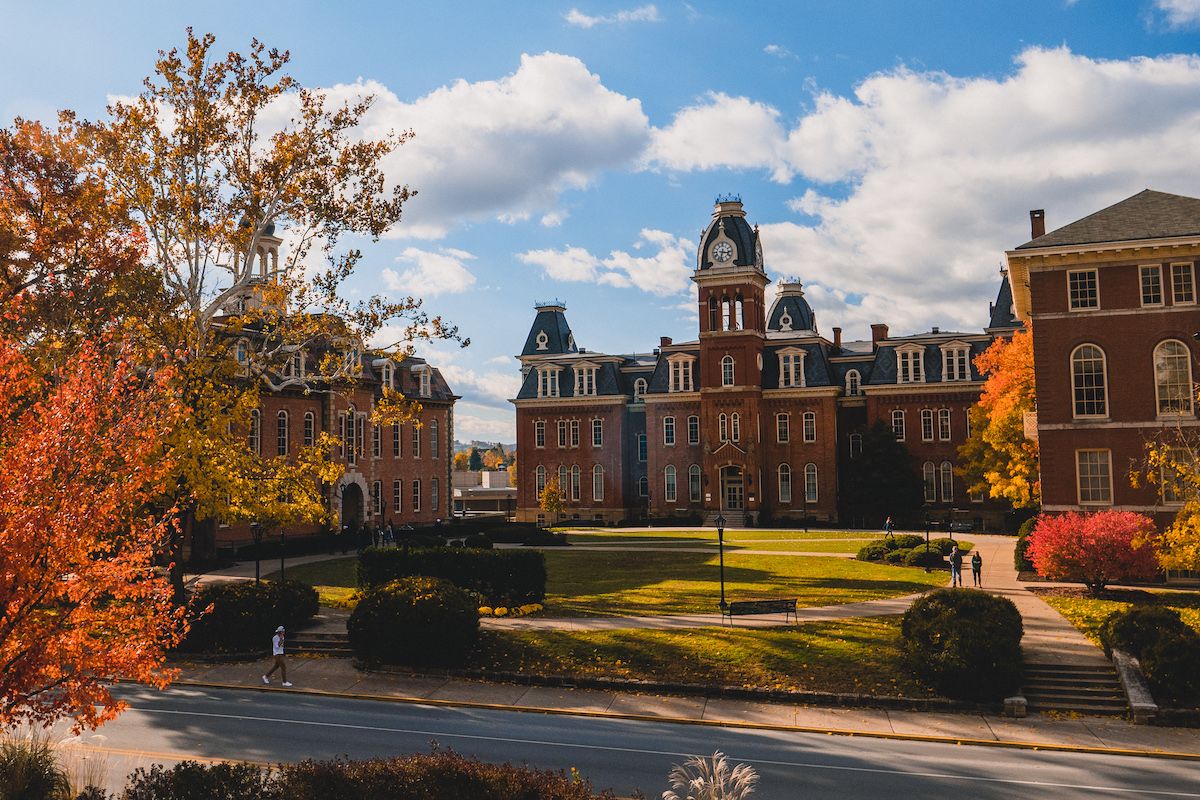
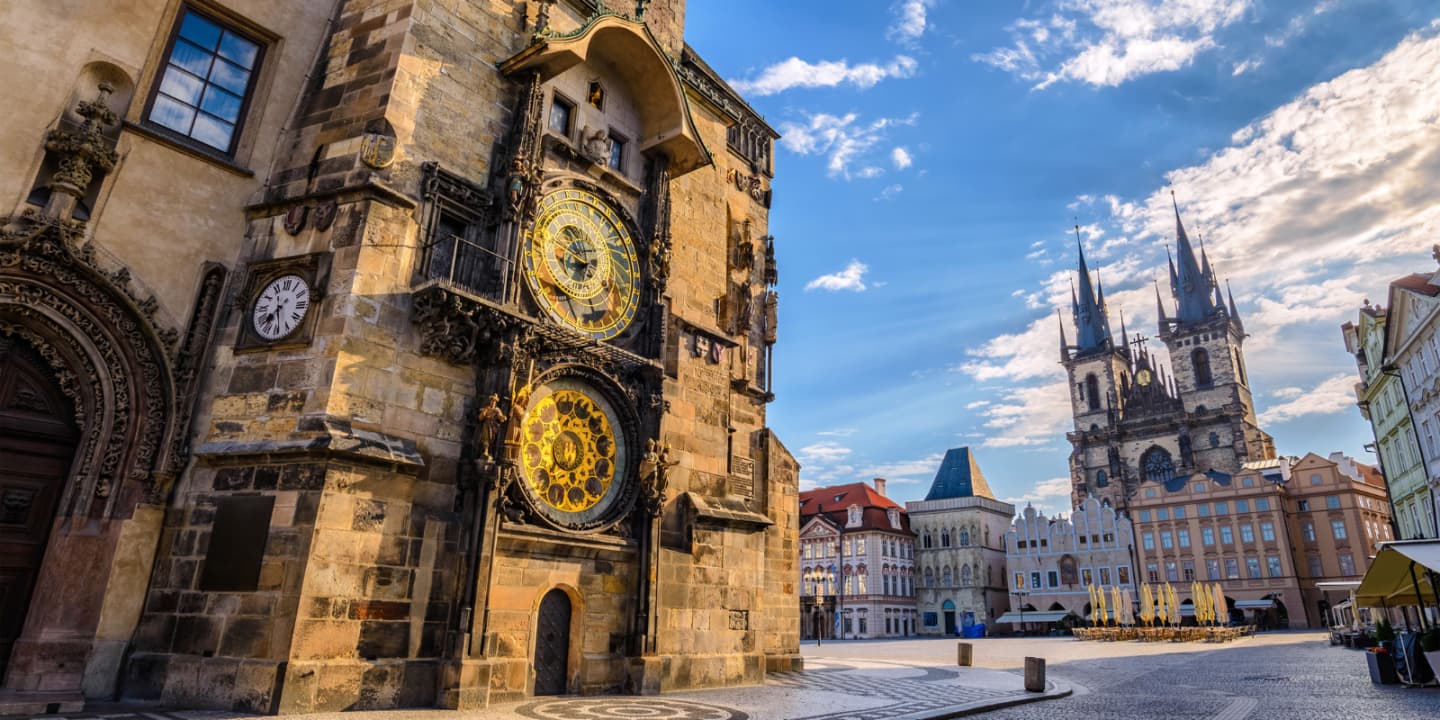
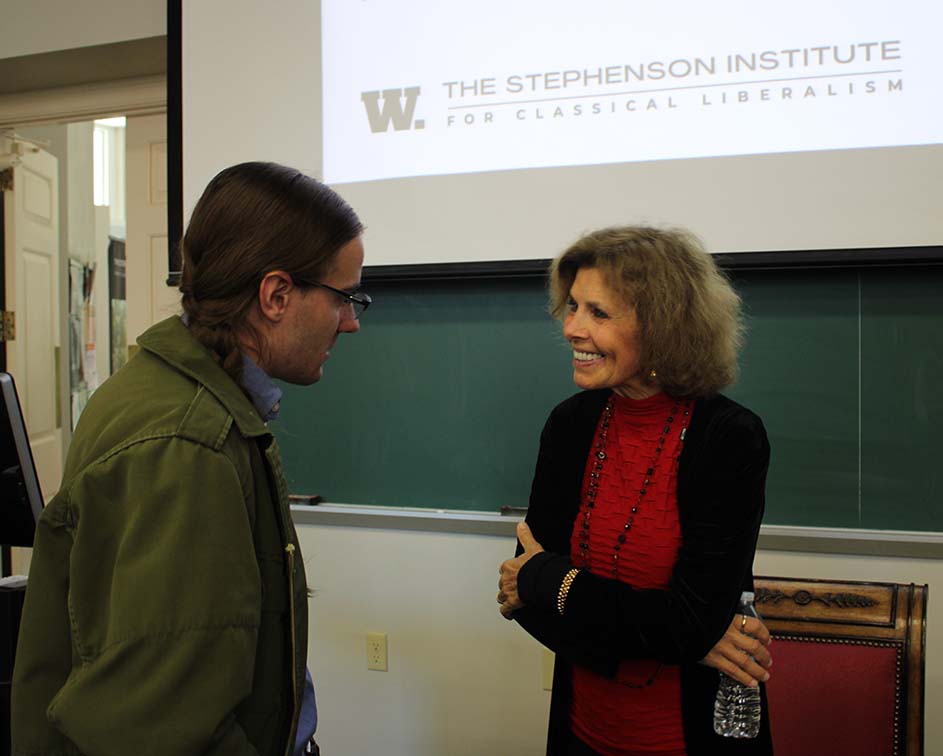

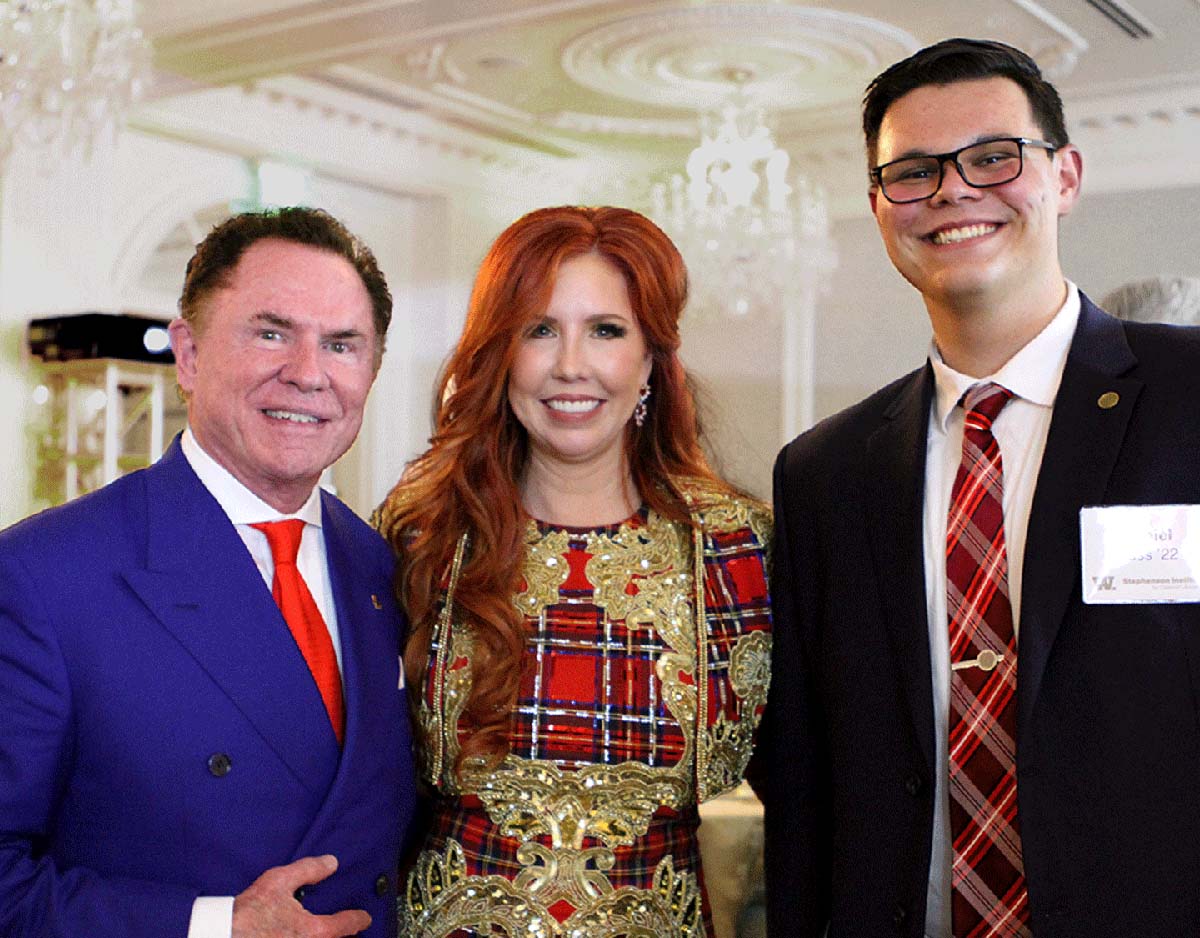
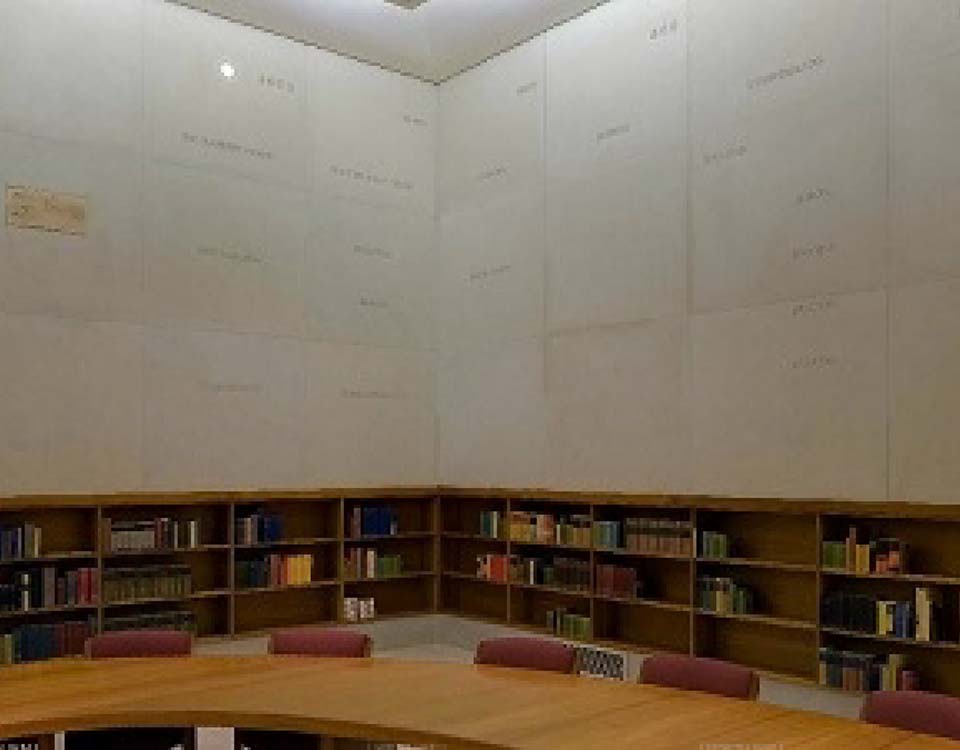
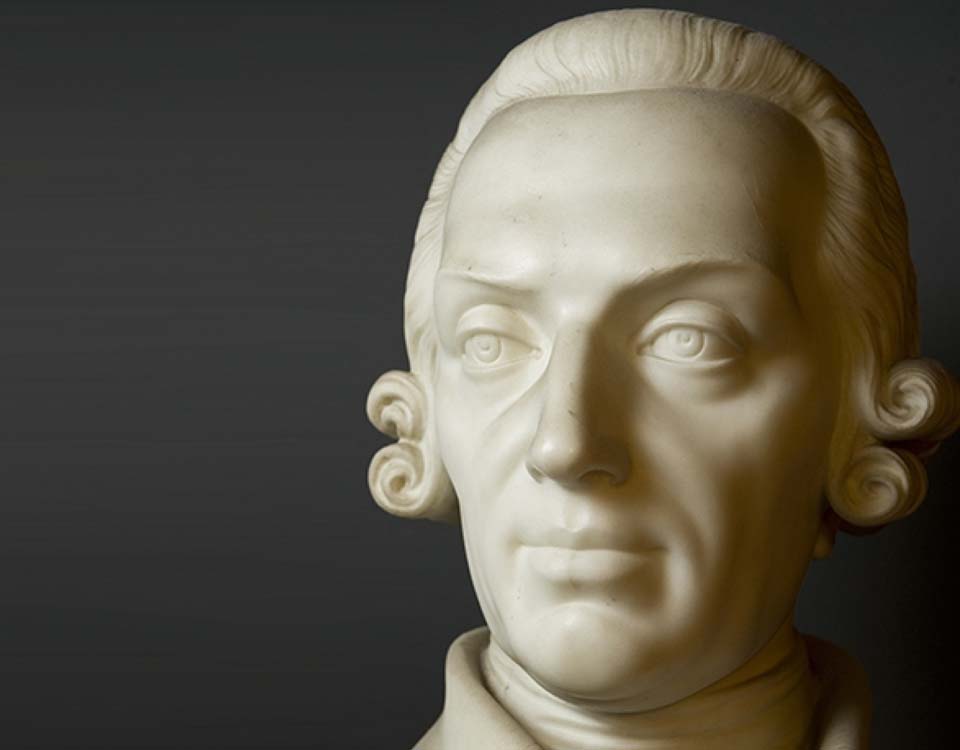
SHARE PAGE